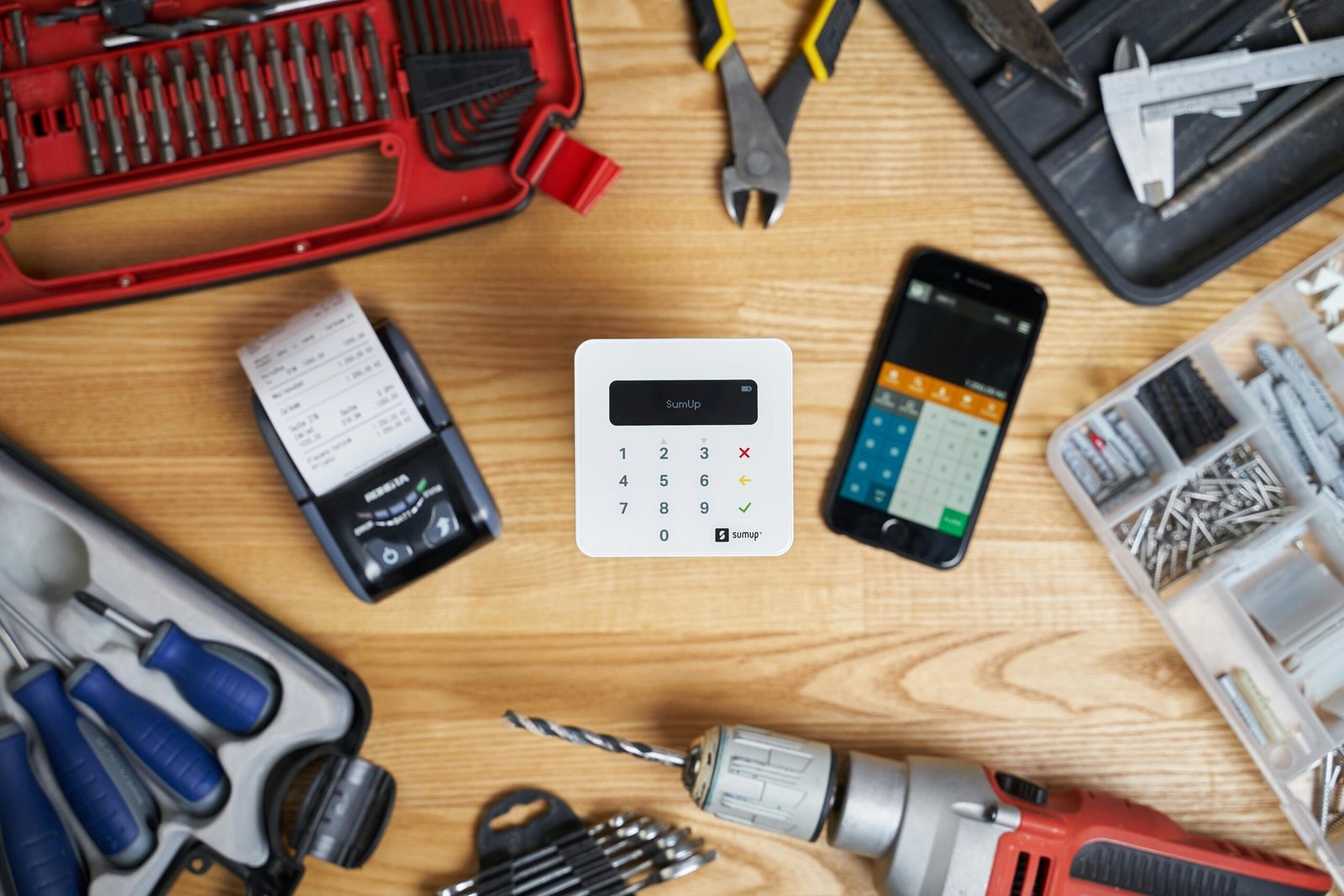The modern homebuyer isn’t who they used to be.
Gone are the days when real estate decisions were made solely through in-person meetings, printed brochures, and weekend open houses.
Today’s buyer is digital-first. They browse property listings like online products, compare features side-by-side, and expect seamless transactions — just like they do with Amazon or Zillow.
To meet this evolving demand, real estate must adopt an eCommerce mindset .
In this article, we’ll explore:
- How today’s buyers behave like online shoppers
- Why real estate platforms should borrow from eCommerce design and UX
- Key strategies for transforming real estate into a digital marketplace
- What it means for agents, brokers, and listing platforms
Let’s dive in.
Who Is the Digital Real Estate Buyer?
The digital buyer is tech-savvy, informed, and impatient with friction.
They don’t want to wait for a callback or schedule a viewing weeks in advance. Instead, they want:
- Instant access to high-quality property listings
- Filtered search options based on their preferences
- Interactive tools like virtual tours, AI recommendations, and mortgage calculators
- Secure, integrated communication channels
- A streamlined path from discovery to offer
Sound familiar? These expectations mirror those of eCommerce consumers — and for good reason.
Parallels Between Real Estate Buyers and Online Shoppers
| eCommerce Shopper | Real Estate Buyer |
|---|---|
| Browses product pages | Reviews property listings |
| Uses filters (price, size, color) | Filters by location, budget, amenities |
| Reads reviews before buying | Looks at neighborhood ratings, school data, agent feedback |
| Adds items to cart | Saves favorites or shortlists properties |
| Completes checkout online | Submits offers digitally |
The only difference? The “product” is worth hundreds of thousands of dollars — making the need for a flawless experience even greater.
Why Real Estate Platforms Need to Think Like eCommerce Sites
Real estate has long been behind other industries in terms of digital transformation . But as more buyers turn to digital channels, the gap between expectation and reality grows wider .
Here’s why adopting eCommerce principles is no longer optional — it’s essential.
1. Users Expect Instant Access
Just like online shoppers, digital buyers expect 24/7 access to information. They want to view listings, download floor plans, and watch virtual tours without waiting for an agent’s response .
2. Frictionless UX Drives Conversions
A clunky website or confusing interface turns buyers away — fast. In real estate, that means lost leads and missed opportunities.
3. Personalization Builds Trust
eCommerce sites use algorithms to recommend products based on browsing history. Real estate can do the same — suggesting homes based on past views, saved searches, and engagement patterns.
4. Transparency Wins Confidence
Buyers want clear pricing, detailed specs, and honest seller profiles — just like shoppers want accurate product descriptions and verified reviews.
5. Mobile Rules the Journey
Over 80% of real estate searches start on mobile devices . If your platform isn’t mobile-optimized, you’re already falling behind.
Key eCommerce Features Real Estate Should Adopt
To truly serve the digital buyer, real estate platforms must evolve beyond basic lead generation models.
Here are five eCommerce-inspired features that can transform the real estate experience:
1. A “Buyer’s Cart” – Save & Compare Listings
eCommerce sites let users add items to a cart. Real estate should allow users to:
- Save favorite properties
- Compare them side-by-side
- Share lists with partners or agents
This makes decision-making easier and keeps users engaged longer.
2. Smart Search with Real-Time Filtering
Digital buyers aren’t looking to scroll endlessly. They want smart, intuitive filtering that helps them narrow down choices quickly.
Essential Filters:
- Price range
- Property type
- Square footage
- Number of bedrooms/bathrooms
- Proximity to schools, transit, and amenities
- Availability status (for rent/sale)
Add AI-powered suggestions based on behavior for even better results.
3. In-Platform Communication Tools
Why should buyers leave your site to ask a question?
Integrate live chat, messaging, and video call scheduling directly into your platform — just like customer support systems on major shopping sites.
This reduces drop-offs and builds trust through immediacy.
4. Offer Submission as a One-Click Process
eCommerce has checkout buttons. Real estate needs offer submission portals .
Allow users to:
- Submit offers instantly
- Upload documents securely
- Track offer status in real time
- Connect with escrow or legal services seamlessly
This transforms your site from a listing hub into a transactional platform .
5. Mobile-First Design & App Integration
Mobile isn’t just a nice-to-have — it’s where most buyers begin their journey.
Ensure your platform includes:
- Fast-loading mobile pages
- Voice-assisted property search
- Push notifications for price drops or new listings
- Instant contact and tour booking
For serious growth, consider launching a dedicated real estate app — not just a mobile-friendly site.
Case Studies: Real Estate Platforms Already Using eCommerce Tactics
Several companies have started embracing these strategies — and the results speak for themselves.
Zillow
Zillow uses personalized recommendations , saved searches , and interactive maps to keep users engaged — much like an online store recommends products.
Compass
Compass integrates messaging with agents , video tours , and secure document sharing — bringing the full transaction process online.
Realtor.com
Realtor.com offers advanced filtering , neighborhood insights , and school zone info — all designed to mimic the depth of product detail pages.
Opendoor
Opendoor allows instant offers , online closings , and virtual walkthroughs — redefining what a real estate transaction looks like.
These platforms show that eCommerce thinking doesn’t dilute real estate — it enhances it .
The Role of AI and Automation in Real Estate
Like modern shopping experiences, real estate is beginning to embrace artificial intelligence to improve user journeys.
Ways AI Can Improve Real Estate:
- Smart property matching : Recommend homes based on user preferences
- Automated valuation tools : Provide instant home estimates
- Chatbots : Answer common questions without human intervention
- Predictive analytics : Help buyers understand market trends and timing
- Personalized alerts : Notify users about price changes, similar listings, or nearby sales
By implementing AI-driven tools, real estate platforms can offer a more personalized, faster, and scalable experience .
Frequently Asked Questions (FAQ)
Q: What does it mean for real estate to think like eCommerce?
A: It means offering a seamless, user-first experience — from search to sale — modeled after how people shop online.
Q: Are real estate platforms becoming like online stores?
A: Yes. With saved favorites, filtered searches, and direct offer tools, real estate platforms are evolving into digital marketplaces .
Q: Why do real estate buyers act like online shoppers?
A: Because they’ve grown up using digital platforms for everything else. They expect the same convenience when buying or renting a home.
Q: Can I buy a house entirely online?
A: Increasingly, yes. Companies like Opendoor, Redfin, and Zillow now offer digital closings , e-signatures , and remote viewings .
Q: What role does personalization play in real estate?
A: Just like in online shopping, personalization improves relevance and increases conversion by showing users what matters most to them.
Final Thoughts
The future of real estate isn’t just digital — it’s eCommerce-ready .
As buyers become more empowered, platforms must respond with:
- Smarter search tools
- Better personalization
- Faster, smoother transactions
- Integrated communication
Those who resist this shift risk losing relevance to platforms that deliver the kind of experience today’s buyer expects.
Because in a world where we can order groceries with one tap, there’s no reason buying a home should feel stuck in the past.










